“As I recovered at home, colour started slowly creeping back into my life, whispering around corners. This was a very perplexing time, for often I only felt I was seeing a colour but was unable to identify it. I would stare endlessly at trees and lamp-posts, desperate to match the colour I believed was there with the strange sensory experience I was having. Bright primary colours were the first I could identify with any conviction. Red led the way, followed by blues and yellows – but cloudy and faded. I struggled enormously with greens, greys and any pale or muted colours. This was not the vibrant rainbow world I was used to.
[…]
I still had some channels of information transmitting the colours around me to my brain, but I was receiving only part of the message. My lifelong emotional associations with colours were still intact, even if my sight was not. I tried to use language to help myself recover. “You are green,” I would tell the grass. I believed the more I stimulated my brain by observing the world around me and reminding myself what colour was, the more the damaged circuitry in my brain would reconnect and bring my normal vision back online. I found the more I did this, the more it worked.”
Read the story of Vanessa Potter recovering sight.

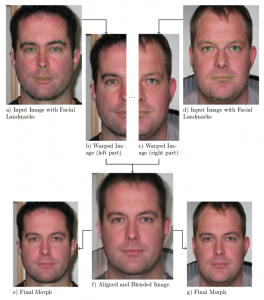
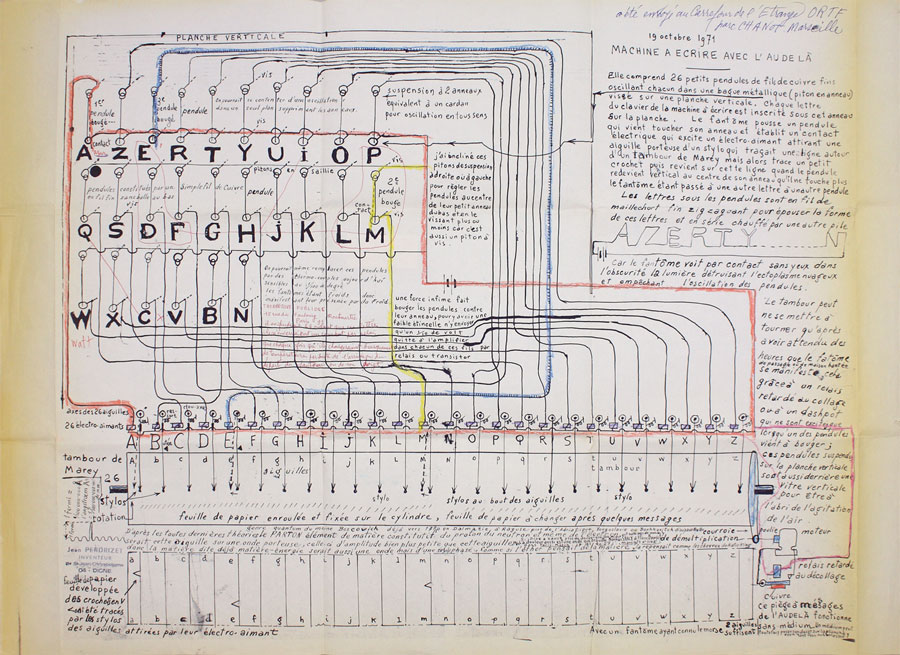
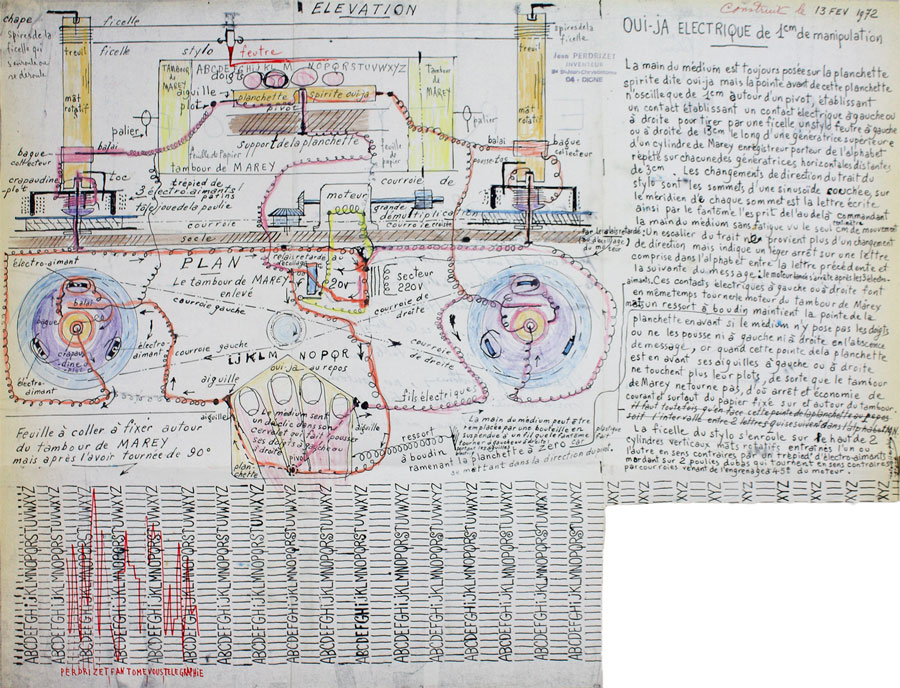
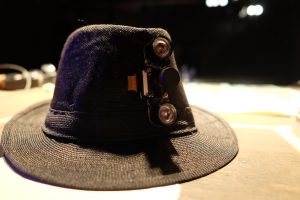
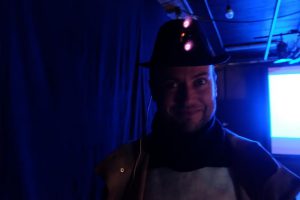
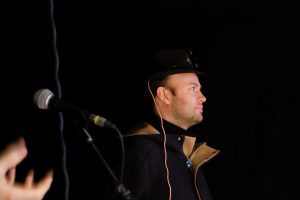
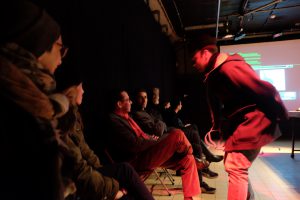
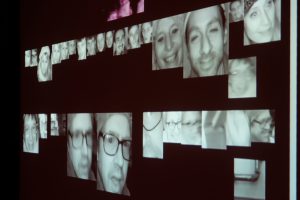
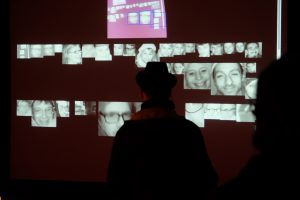
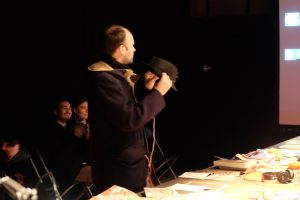
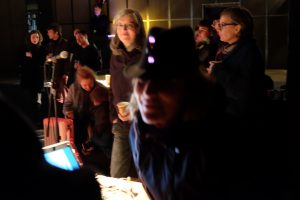
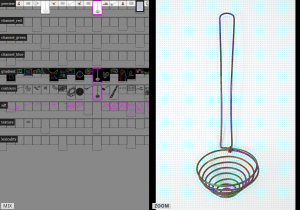
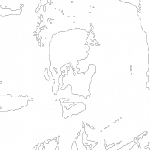 The typesetters at Sytin’s print-works in Moscow struck on September 19. They demanded a shorter working day and a higher piecework rate per 1,000 letters set, not excluding punctuation marks.
The typesetters at Sytin’s print-works in Moscow struck on September 19. They demanded a shorter working day and a higher piecework rate per 1,000 letters set, not excluding punctuation marks. 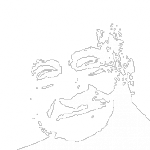 ‘I feel a very sincere admiration for all those people who march around Spain and Italy laden with bags, cases, telemeters, extra lenses, pose—meters, thermocolorimeters (“for taking the temperature of colour”) and who, never losing the smallest clasp from their bags, or the tiniest roll of film, advance with great strides into the ‘Leican era’. Through the absurdities of people’s behaviour, one can see the attitude to culture which is particularly expressed by a certain type of tourism: ‘What I particularly fear about the “small formats” is knowing that terrible state of slavery to which they condemn an infinite number of people who would really seem to deserve a better fate. When they arrive on holiday at a beauty spot or in front of a recommended campanile, travellers immediately think of their cameras. Rather than contemplating the landscape with their frontal eyes, these people rush to have it admired by this third eye extracted from the abdomen’.
‘I feel a very sincere admiration for all those people who march around Spain and Italy laden with bags, cases, telemeters, extra lenses, pose—meters, thermocolorimeters (“for taking the temperature of colour”) and who, never losing the smallest clasp from their bags, or the tiniest roll of film, advance with great strides into the ‘Leican era’. Through the absurdities of people’s behaviour, one can see the attitude to culture which is particularly expressed by a certain type of tourism: ‘What I particularly fear about the “small formats” is knowing that terrible state of slavery to which they condemn an infinite number of people who would really seem to deserve a better fate. When they arrive on holiday at a beauty spot or in front of a recommended campanile, travellers immediately think of their cameras. Rather than contemplating the landscape with their frontal eyes, these people rush to have it admired by this third eye extracted from the abdomen’.